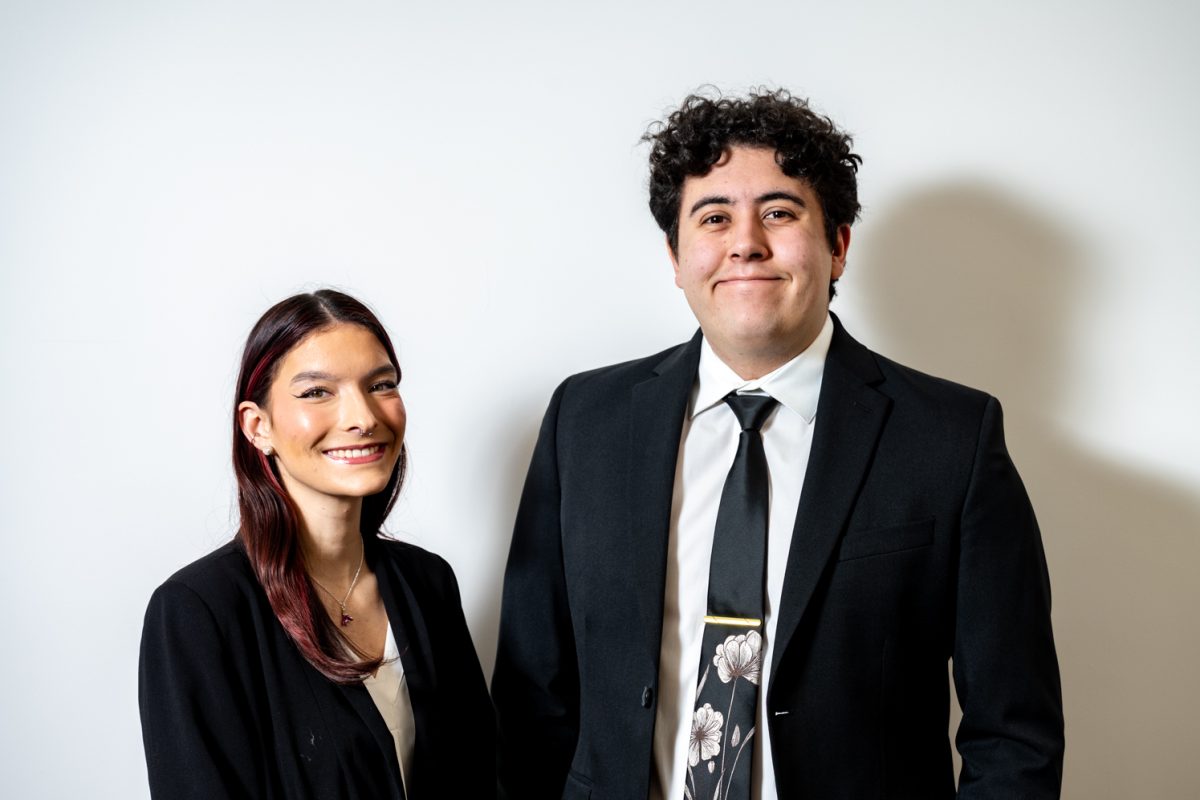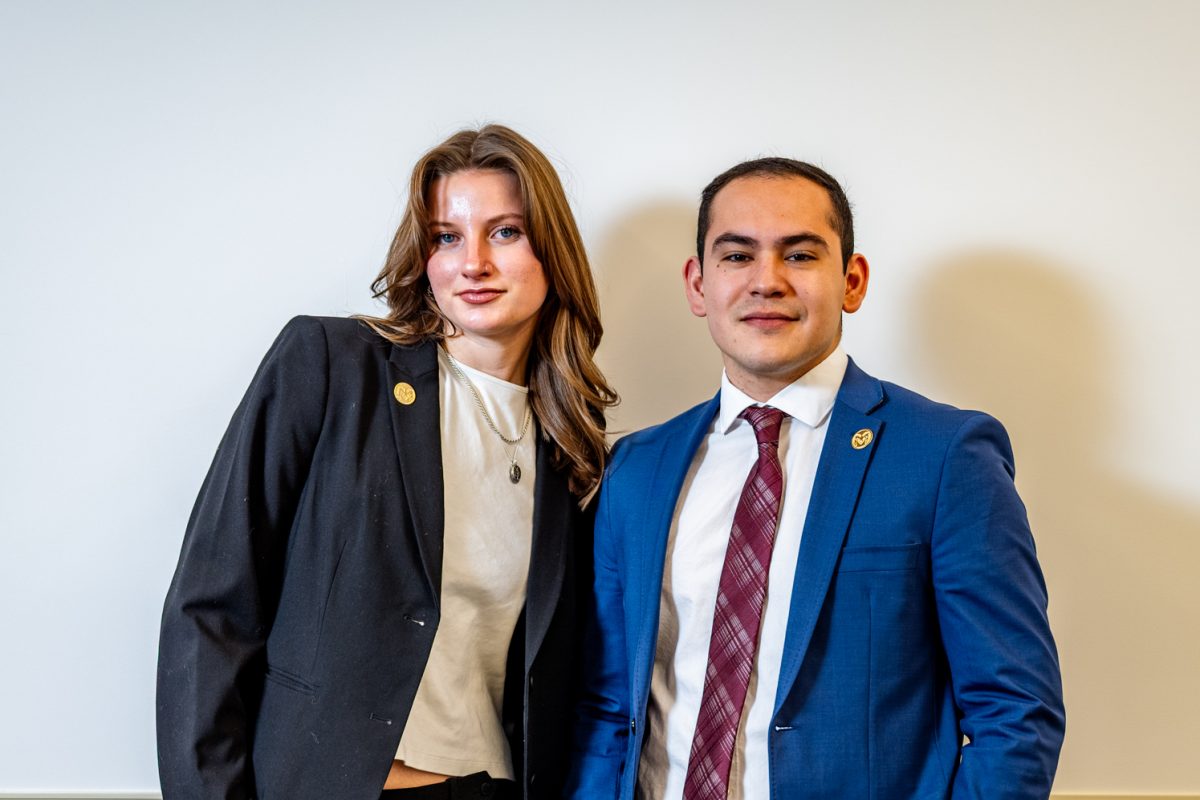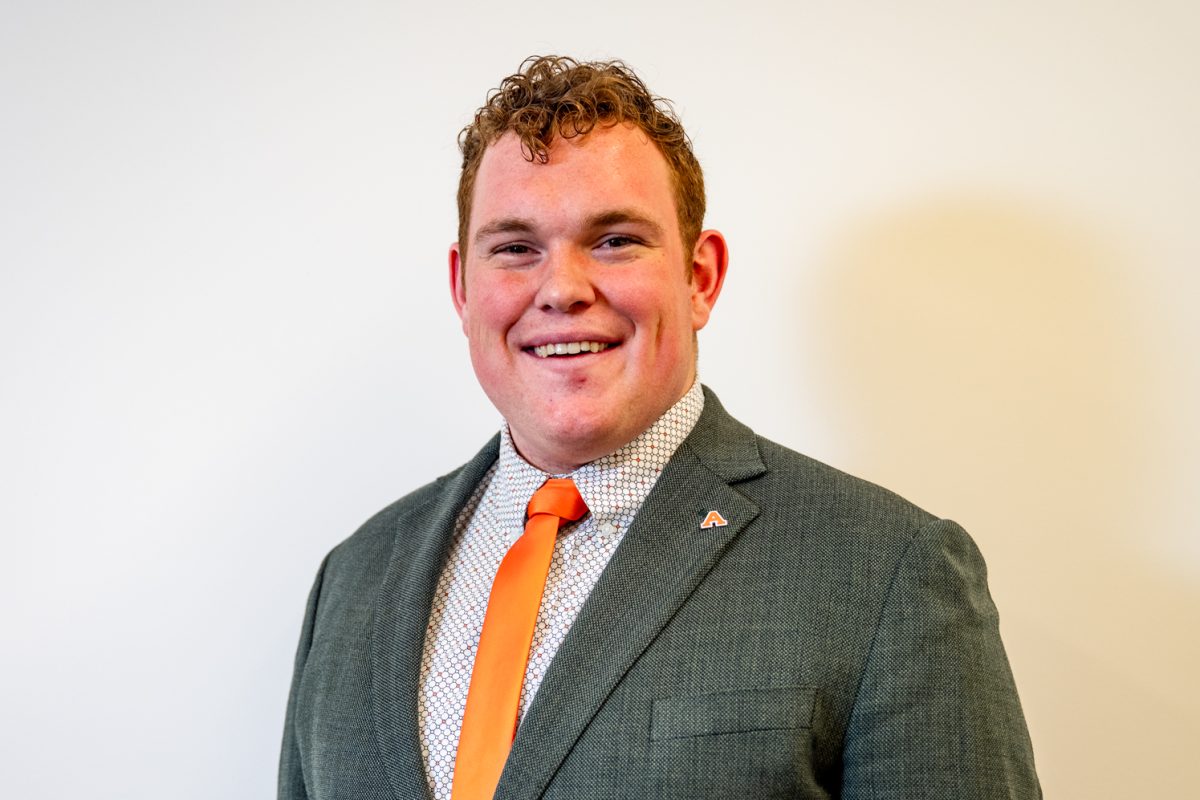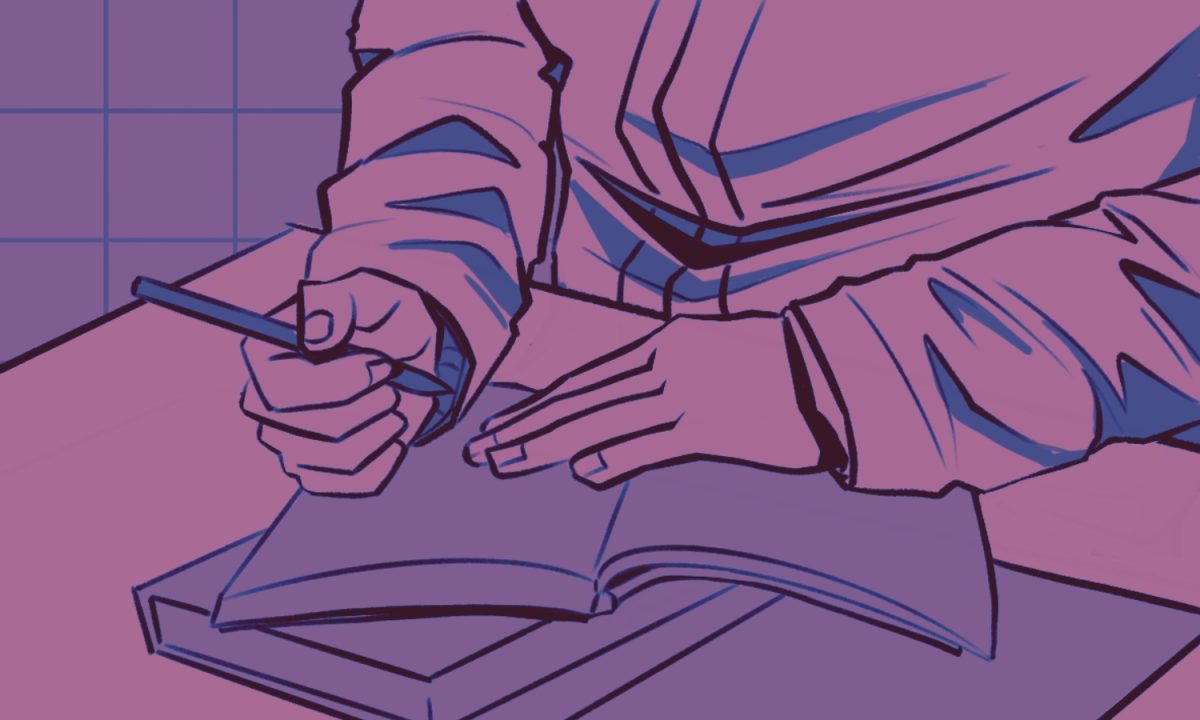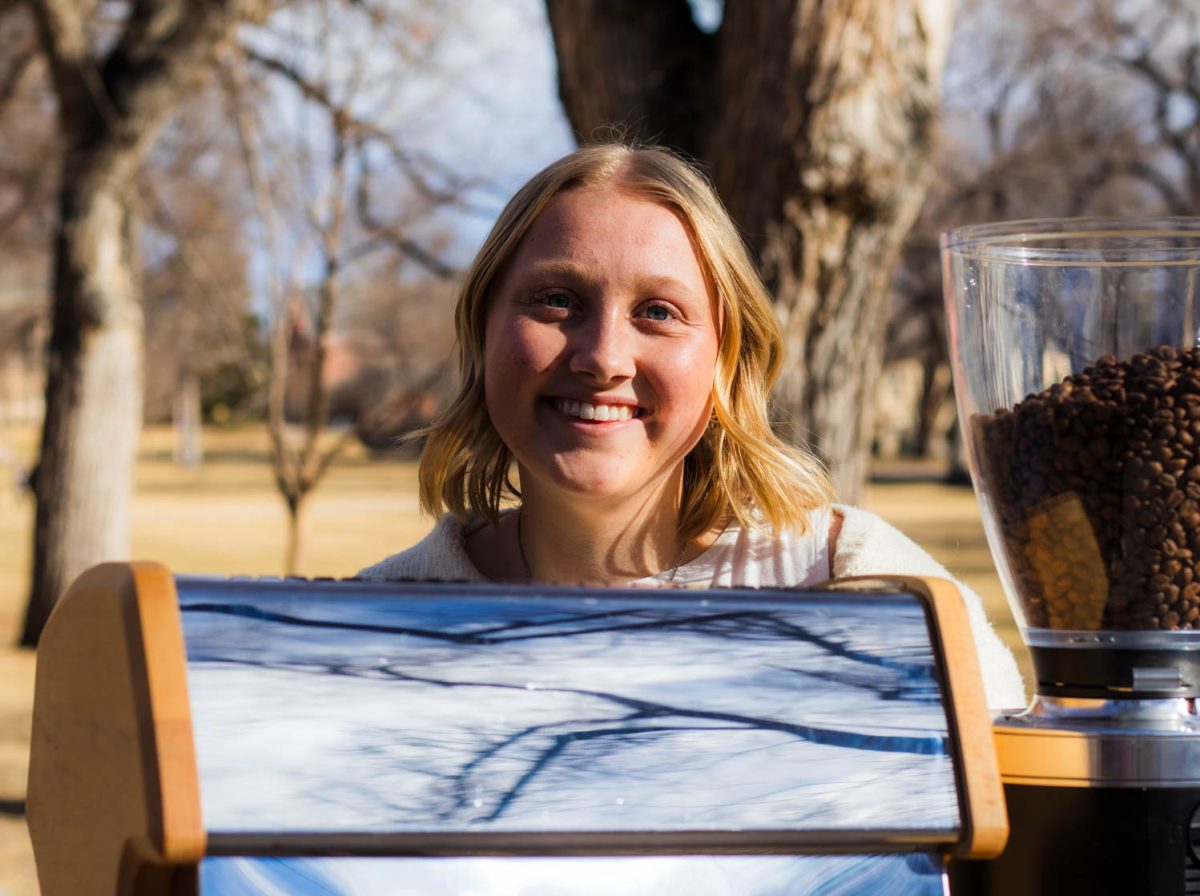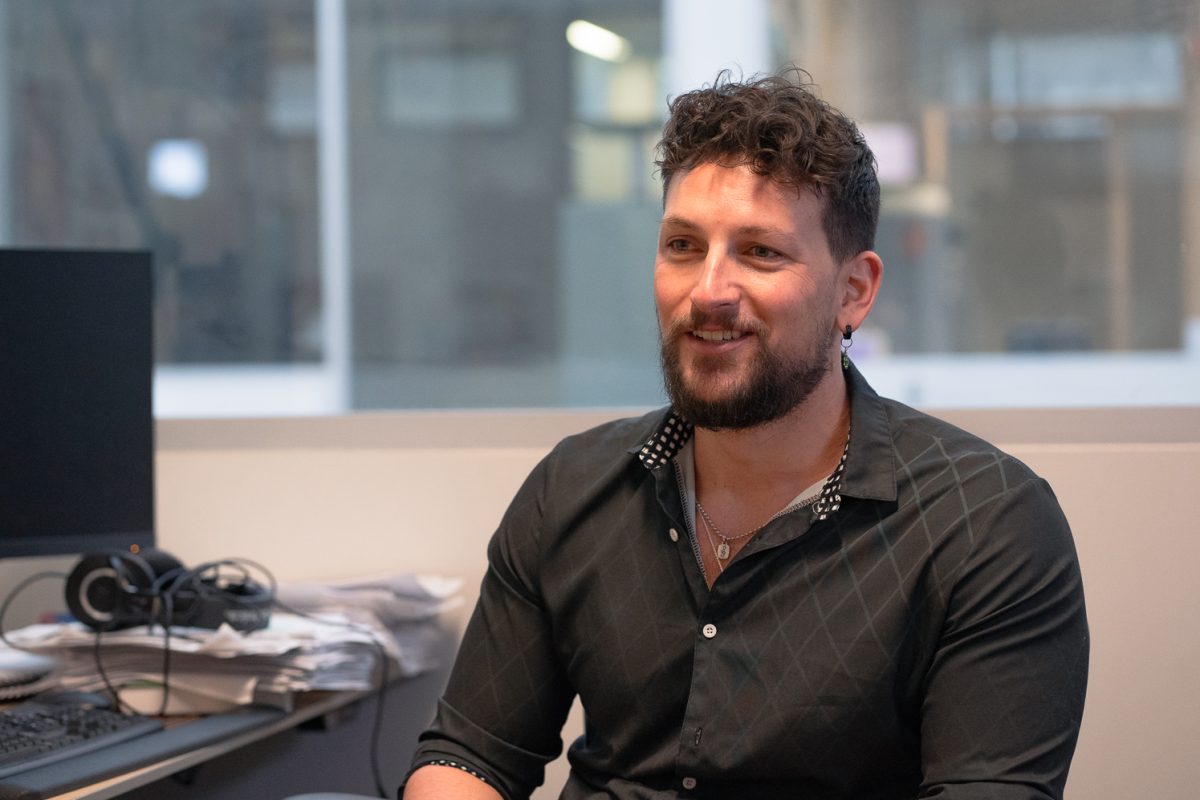Editor’s note: There is an update to this story regarding the University’s response to the petitions.
Nearly 800 people are petitioning to stop Parking and Transportation Services from implementing parking fees at the Colorado State University Foothills Campus.
The Atmospheric Sciences department, the Microbiology, Immunology and Pathology department, the Animal Reproduction and Biotechnology Laboratory and the Engineering Research Center conducted individual petitions resulting in a total of 794 signatures opposing changes to the Foothills Campus parking regulations.
The formerly free lots are transitioning to permit parking in August 2019, according to Facilities Management and CSU’s Parking and Transportation Services, in order to fund CSU’s Parking and Transportation Services and fund updates to the Foothills Campus. Parking and Transportation Services receives funding only through the revenue it generates through fees, according to the department’s website.
“Our biggest concern is the tax on undergrads and how that may prohibit some of them for working for labs out here at the Foothills Campus.” Laura Hoon-Hanks, Microbiology, Immunology and Pathology graduate student
Fred Haberecht, campus planner of Facilities Management, said CSU mandates that each campus pays into the services, which is not currently the case at the Foothills Campus.
An outside consulting firm, Creek Consulting, conducted five information sessions from Sept. 26 to Oct. 2 with campus members to find out how to best accommodate the needs of the campus. According to the petitions, the sessions lacked adequate opportunity to provide feedback and the proposals weren’t transparent.
Many who attended the informational meetings, according to the petitions, found them to be “confusing and structured in such a way as to discourage meaningful conversations about the proposal.”
According to PTS, the sessions were well-attended and invited feedback via email, which they are still accepting.
“Parking and Transportation Services and the Vice President for University Operations shared information about the sessions with Deans and asked them to forward the information to their campus constituents because there is no central email system for the Foothills Campus,” wrote Public Safety and Risk Communications Manager Dell Rae Ciaravola in an email to The Collegian.

Several concerns were brought forward in the petitions sent to David Bradford, the director of PTS, including financial hardship for employees and students whose research opportunities may be hindered by the cost of parking fees.
Bradford told The Collegian previously that he recognizes the difficulty in asking people to pay for a service that was originally free, but the need for upkeep outweighs the convenience.
For the University’s main campus, the parking permit for commuter students is $552, with semester, monthly and other less expensive options available. It is unknown whether the price for Foothills Campus parking will be comparable to that of main campus, but PTS prices its permits to be competitive with peer institutions, according to its website.
In the seven years that Reed Hollinger, an electrical engineering Ph.D. student, has conducted research at the Foothills Campus, he said he has had approximately 20 undergraduate students work for him.
Hollinger said these undergraduates are working either for credits or as volunteers, citing the lack of monetary compensation as a concern. He said he’s worried that implementing a fee system for the Foothills Campus may limit the opportunities for undergraduate students who have been a source of productive research work at CSU.
Laura Hoon-Hanks, a graduate student in the Microbiology, Immunology and Pathology department, agreed, saying this could potentially hurt undergraduate research.
“Our biggest concern is the tax on undergrads and how that may prohibit some of them for working for labs out here at the Foothills Campus,” Hoon-Hanks said.
The Atmospheric Sciences petition listed concerns for “deficient alternative transportation options” and lack of “environmentally friendly commuting options” in addition to fee expenses.
There is currently one Transfort bus that runs to the Foothills Campus once an hour, and it takes 25 minutes to get from the CSU Transit Center to Judson H. Harper Research Complex. The bus does not run past 7 p.m. or on holidays, which Allison Vilander, a graduate student studying MIP, said is inconvenient for the researchers and students who are often on campus then.
“If you miss it by five minutes, you have to wait an hour to get out here,” Vilander said. “If you work past six o’clock, you walk home for two hours—which I’ve done before.”
Haberecht said there’s a possibility of enhancing public transportation to provide more options to students, faculty and staff who choose not to purchase permits.
Something else to take into consideration, said Jennie Bukowski, a Ph.D. atmospheric sciences student, is international students’ ability to get to the Foothills Campus, when many of the people she’s worked with have never driven before coming to America.
“The bus is just not reliable enough for them to get to their classroom everyday,” Bukowski said.
Unlike the University’s main campus, there are no surrounding neighborhood streets for alternative parking for students and faculty near the Foothills facilities, according to the MIP petition.

Hollinger said there are several differences in the Foothills Campus and the main campus’s parking functions. The Foothills Campus also allows people transporting livestock to CSU from out of town to park their trailers there overnight. Rick Brandes, the Foothills Campus farm manager, said he feels it’s absurd to ask them to pay to park.
“I can’t ask them to buy a pass or parking permit to put their trailer in a dirt lot,” Brandes said.
Another concern echoed by the petitioners is that the University doesn’t plow snow at the Foothills Campus during the winter, but the ARBL’s Equine Reproduction Lab barn crew does. Brandes said he and Assistant Farm Manager Greg Harding have also repaired potholes in some of the particularly bad lots.
“If we’re going to be charged to park here, I’ll be damned if I’m going to clean another parking lot,” Brandes said.
Haberecht previously told The Collegian that by requiring paid permits for the Foothills Campus, the University will be able to better maintain the parking lots to the same standard as the other CSU campuses.
The permit plan will be developed based on the five listening sessions and will be turned over for further listening sessions with stakeholders in the winter.
Emma Iannacone can be reached at news@collegian.com or on Twitter @EmmaIannacone.


